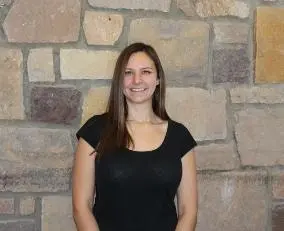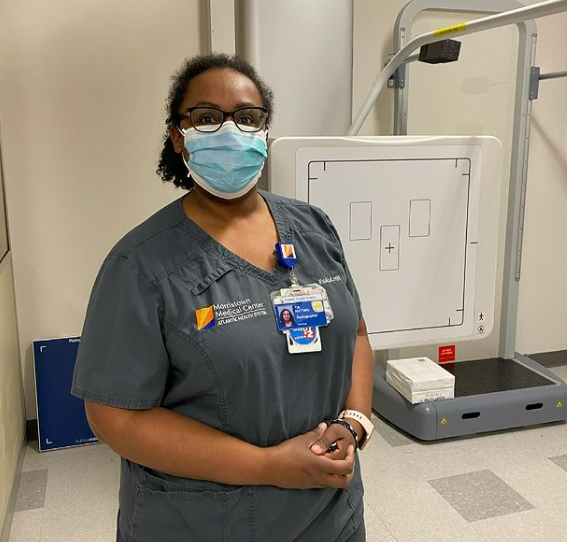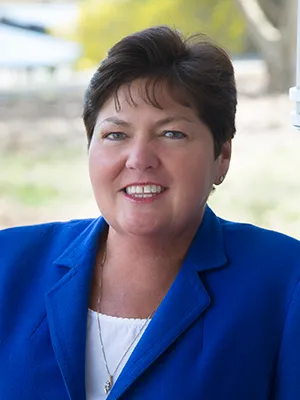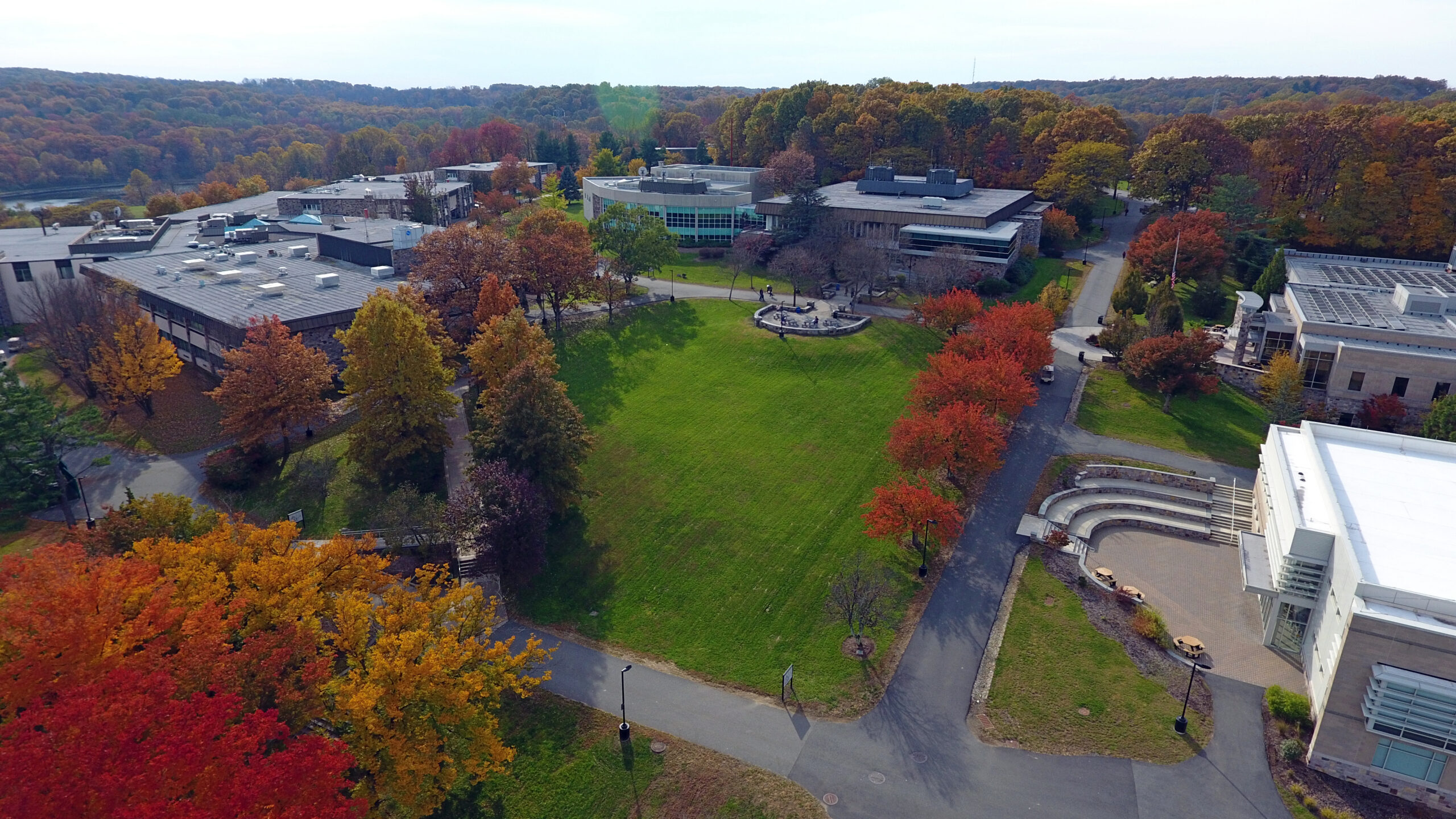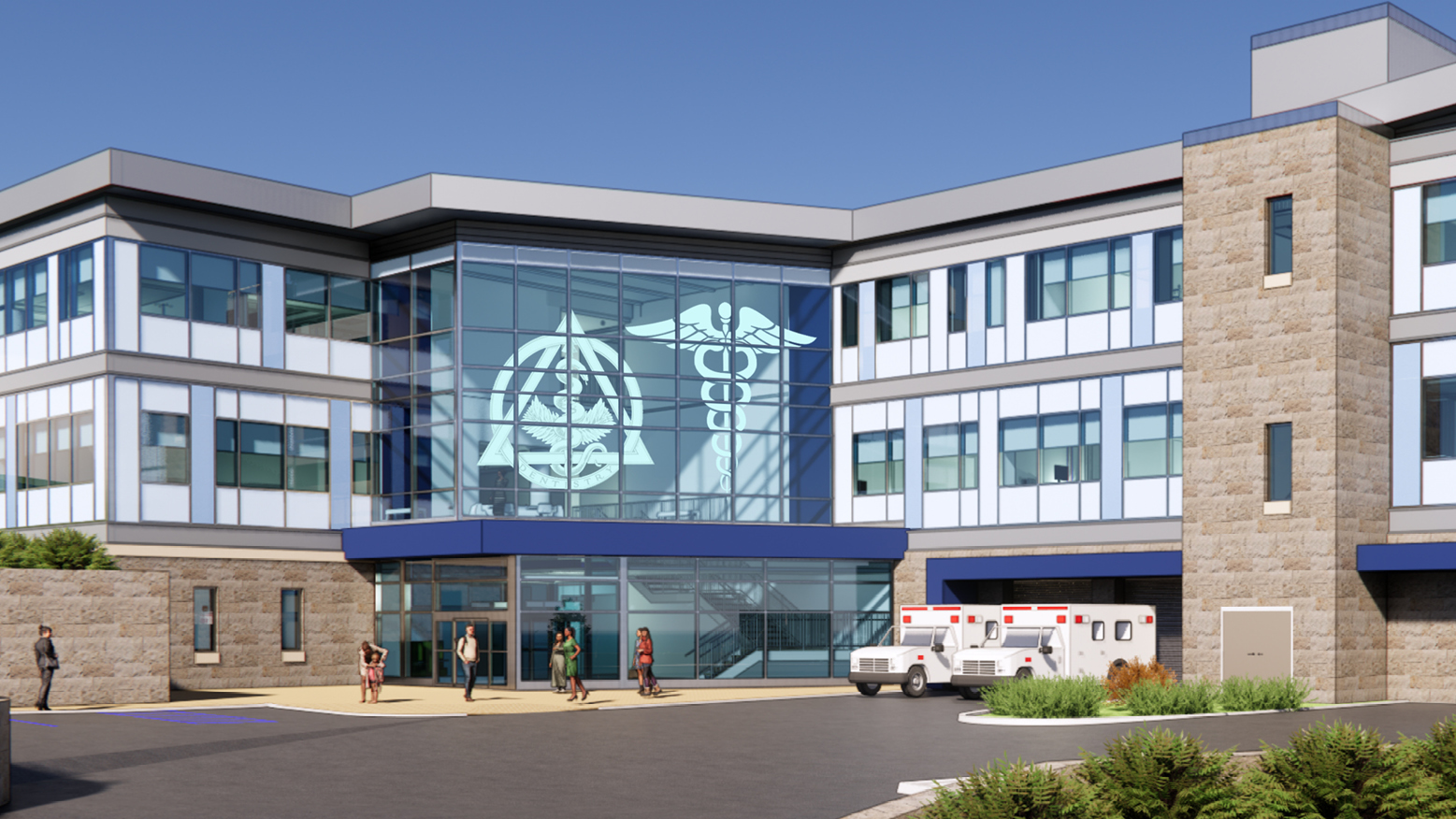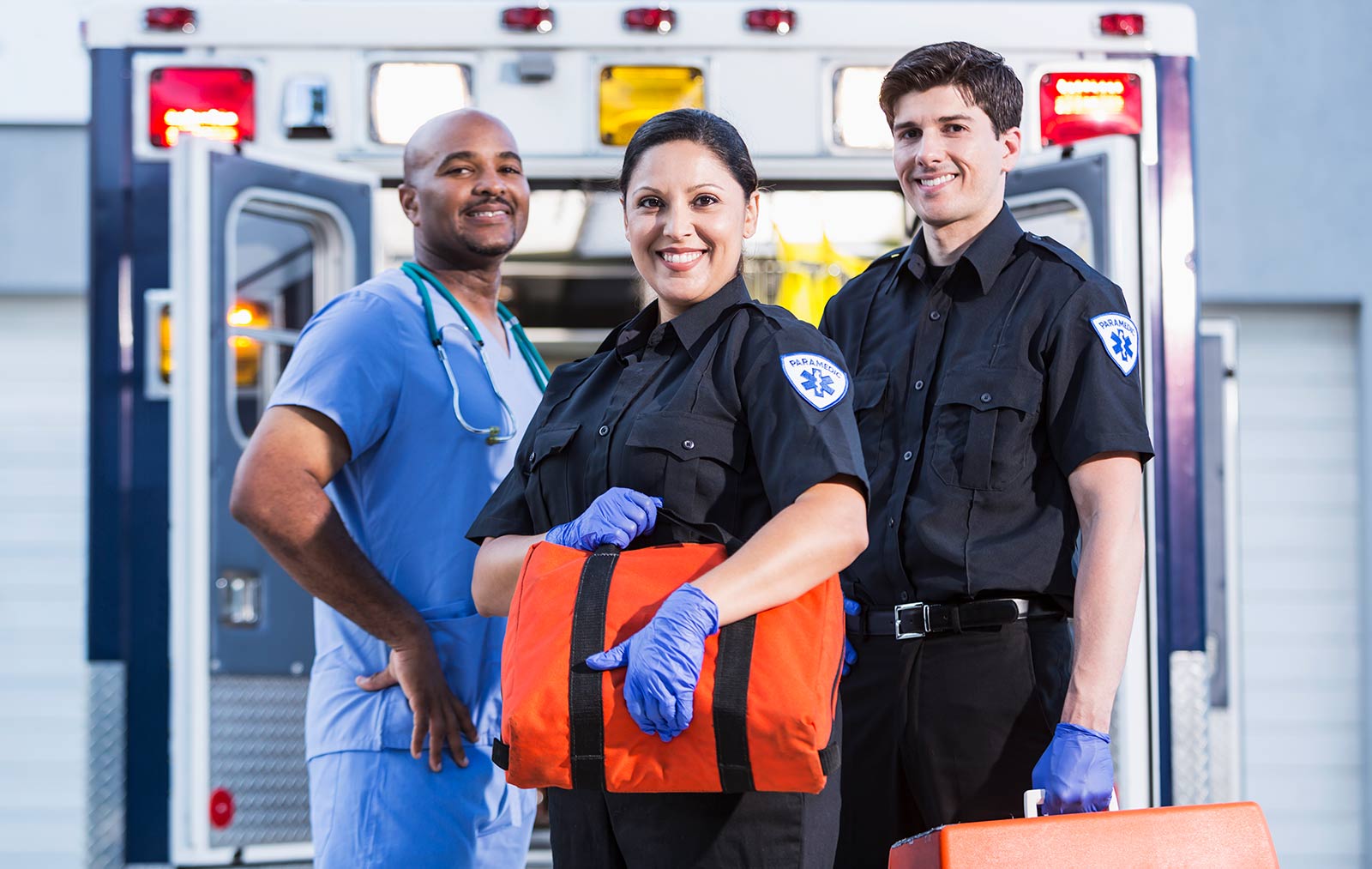All candidates for the professional phase of the Radiography Program must attend a mandatory information session offered monthly. The deadline for the Radiography Program Professional Phase is March 1.
What You Will Learn
Radiologic Technologists are at the cutting-edge of performing diagnostic imaging exams to help detect a broken bone or uncover disease and other serious health concerns. Through knowledge of radiation and safe use of x-ray equipment, as well as strong communication skills and compassionate patient care strategies are necessary. This profession makes up the third-largest group of health care professionals surpassed only in number by physicians and nurses, thus we set the bar high at CCM.
How to Enroll
There are two phases: the Professional Phase* is a day program (no evenings or weekends) requiring completion of 1100 hours in didactic courses and 1500 hours in clinical education. To be considered for admission:
- Attend one of the mandatory information session held monthly at CCM starting in June through February.
- Apply and be accepted for admission to CCM prior to March 1.
- Enroll in the radiography program by March 1 to schedule your classes.
The Pre-professional Phase enables you to first complete the 20 credits of general education courses as well as the Speech Fundamentals course — a total of seven courses, prior to enrolling in the program. These courses that are required by all students majoring in radiography must be completed by the end of the spring semester. Classes may also be completed online via CCM’s Virtual Campus.
*Admission into the professional phase is very competitive and based on application, grades received in the pre-requisite’s, ranking and college GPA; it is not guaranteed once pre-professional phase is completed.
The program accepts 40 candidates each Fall semester.
Curriculum
The 45-credit core of courses includes an introduction to and the principles of radiography, math, biology, and physics, pathology and special imaging, plus five courses of clinical practice.
You must also complete a 20-credit general education foundation including English courses, college algebra, general psychology and two anatomy and physiology courses.
Careers in the Field
Earning an Associate of Applied Science degree in Radiography coupled with the rapid expansion of medical diagnostic imaging, enables you to successfully launch an entry-level career as a diagnostic radiologic technologist.
The number of employment opportunities in the radiology department of a hospital/medical center or outpatient imaging facilities is growing. Plus, your average work schedule can easily surpass 40 hours a week with weekend and on call options.
There are many pathways you may choose to pursue:
- Cardiovascular Interventional Technology
- Computed Tomography
- Diagnostic Medical Sonography
- Diagnostic Radiography
- Mammography
- Medical Dosimetry
- MRI (Magnetic Resonance Imaging)
- Nuclear Medicine
- Radiation Therapy
The salary range in the Morris County area for an entry-level diagnostic radiographer is $65,000 to $70,000.
Why Study Radiography at CCM
The Radiography Program at CCM stands out because of its family environment, caring faculty, and emphasis on professionalism.
- Skilled full-time and adjunct clinical instructors with over 40 years of experience in the field utilize the energized radiography lab on campus, plus seven clinical affiliates, for clinical education.
- The bar is set high for this program and the students who engage in all that it offers will be the ones who experience the highest success.
- Acceptance into the professional phase of the program is very competitive and based on application, grades received in the pre-requisite’s, ranking and college GPA.
Accreditation:
- Joint Review Committee on Education in Radiologic Technology
- State of New Jersey Department of Environmental Protection – Radiologic Technology Board of Examiners
CCM campus is vibrant and buzzing with student life including a radiography club offering learning and networking possibilities. Upon graduation you may seamlessly transfer to Saint Elizabeth University to earn a bachelor’s degree. Rutgers University is another great option as it offers a Bachelor of Science in Radiologic Imaging Modalities.
Paying for Your Radiography Education
Earning a degree in radiography is a powerful investment that is a springboard to both increased earnings and job satisfaction. But what is the upfront cost and how do you afford it?
There’s good news: Money is available to help you pay for school! Our Financial Aid staff can provide lots of information about the process of finding federal, state, or institutional financialfunds to help pay for your CCM education. This program does not accept tuition waivers.
Featured Courses
Principles of Radiography I
This lecture-laboratory course is designed to provide students with the necessary theory, concepts, and hands-on experience in performing specific diagnostic procedures. Patient positioning, equipment manipulation, radiation protection techniques, appropriate patient care techniques and critique of radiographic images are presented in this course.
Radiation Biology and Physics
The study of physics and electronics involved in the production, use and control of the various electromagnetic energies used in medical and diagnostic applications.
Pathology for Radiography
This pathology course is an assessment of medical and surgical diseases designed to familiarize the student with changes caused by disease in relationship to radiography. Student projects, associated film presentations and critiques are also included.
JCERT Information
The radiography program is accredited by the Joint Review Committee on Education in Radiologic Technology
20 North Wacker Drive
Suite 2850 Chicago, IL 60606-3182
312-704-5300
Email: mail@jrcert.org
The program’s current award is eight years. General program accreditation information and the current accreditation award letter can be found here.
Resources
Radiography Program Handbook
Radiography Technical Standards
Radiography-Program-Mandatory-Information-Sessions-2025-26
Radiography Program Flyer
Radiography Program Flyer En Español
Radiography Mission Goals Learning Outcomes
Radiography Program Admission Policy
JRCERT-Program-Effectiveness-Data-September-2025
JRCERT Accreditation Letter
Radiography 2022-24 Assessment Class of 2024
Radiography-Program-Assessment-Results-Class-of-2022-Exhibit-B
Radiography Program Effectiveness Class of 2022 Exhibit C
